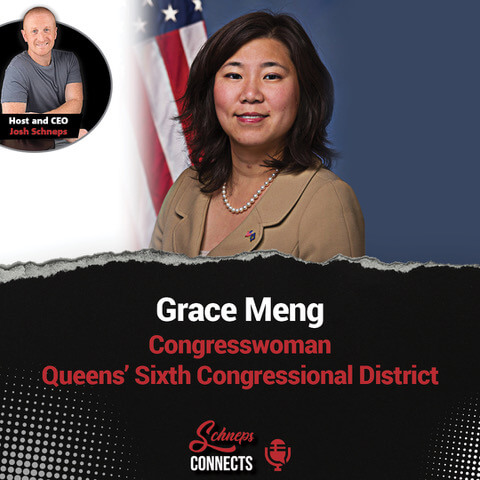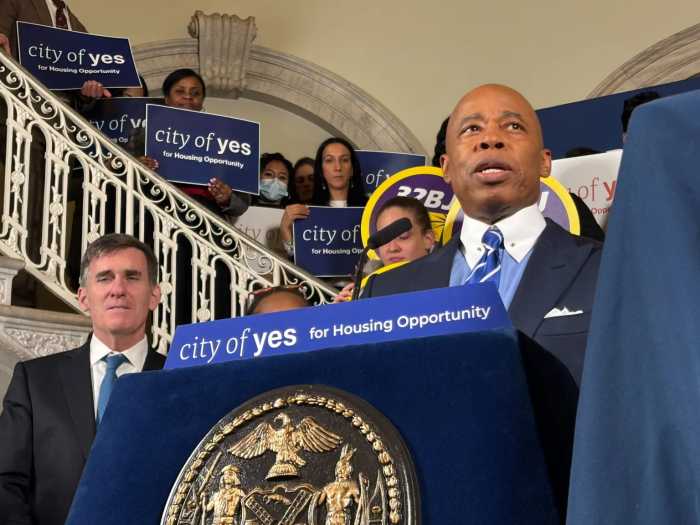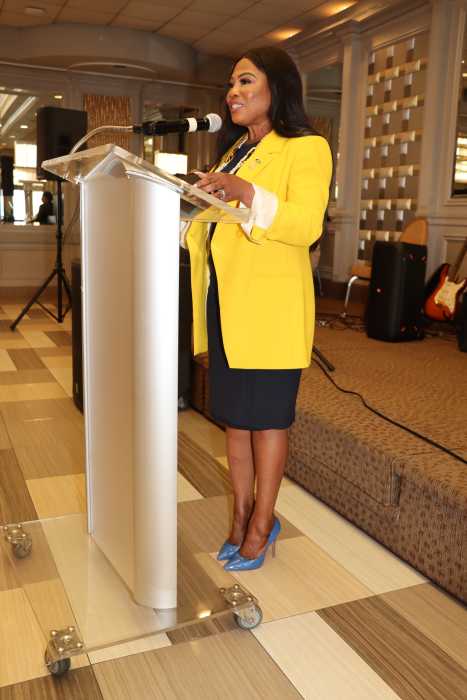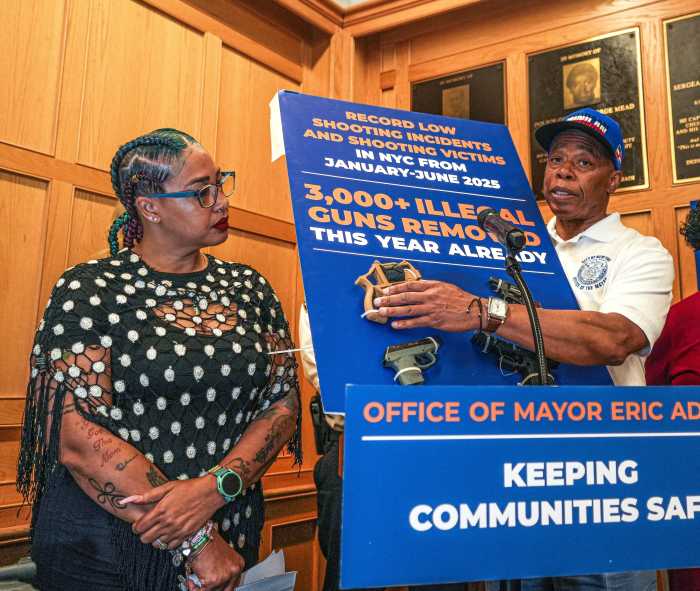Responding to a slew of anti-LGBTQ bills nationwide, New York Congressmembers Carolyn Maloney and Ritchie Torres have introduced legislation that would provide funding for a program dedicated to teaching students about LGBTQ individuals and women in history.
Under the LGBTQI+ and Women’s History Act, the director of the Smithsonian National Museum of American History would spearhead the development of curriculum focusing on LGBTQ individuals and women. The bill calls for $2 million to be allocated annually for five years to disseminate resources to classrooms, train educators, and cover the costs of developing the program.
The bill would also fund a fellowship program to support leaders of LGBTQ and women’s history, and the material would be distributed through digital, print, and other kinds of communication — including traveling exhibitions and publications.
“Those who do not learn from history are doomed to repeat it,” Torres said in a written statement. “That is why children in classrooms across the US should not be deprived of the opportunity to learn about the heroism displayed by many in the LGBTQ and women’s movements. As Republican legislatures across the country attempt to silence the history and stories of LGBTQ families, we must act to proactively educate American youth. I stand on the shoulders of those who came before me to make it possible for me to be the first openly gay Afro-Latino to be in Congress, and I am proud to work with Congresswoman Maloney on this critical legislation.”
In explaining the need for such legislation, Maloney pointed to at least 10 newly-enacted anti-LGBTQ laws targeting students — including the “Don’t Say Gay or Trans” bill banning classroom discussions pertaining to sexual orientation or gender identity.
“This is unacceptable and will be detrimental to the mental health of LGBTQI+ youth, which is why I introduced the LGBTQI+ and Women’s History Education Act,” Maloney said. “Women, too, deserve to be seen and represented in the classroom. For too long, this country has downplayed the historical contributions of women, especially women of color.”
The language of the bill notes that just 13% of historical figures in American textbooks are women and 53% of women’s history content has been depicted in the context of domestic roles. Just three states — Illinois, Florida, and Louisiana — require women’s history to be taught from the elementary school level through high school.
Queer history has also been shut out from many educational institutions — and that issue has been compounded by the the anti-LGBTQ bills targeting schools. The LGBTQI+ and Women’s History Education Act cites GLSEN’s 2019 National School Climate Survey, which found that compared to students in schools without LGBTQ-inclusive curriculum, those with LGBTQ-inclusive educations experience less homophobia.
The bill has generated significant backing among other members of Congress, drawing dozens of co-sponsors. It also has broad support from nearly 40 organizations, including GLSEN, the National Center for Transgender Equality, the National Organization for Women, the Women’s Sports Foundation, InterACT: Advocates for Intersex Youth, and the National Center for Lesbian Rights.
“Education is the cornerstone of a multiracial democracy, and learning about LGBTQIA+ and women’s history is necessary to understanding U.S. history,” GLSEN’s executive director, Melanie Willingham-Jaggers, said in a written statement. “Through our research, we know inclusive curriculum cultivates safer and more supportive school environments where students hear fewer racial, transphobic, and homophobic slurs and other denigrating language; experience fewer incidents of bullying and harassment; and have a greater sense of belonging and wellbeing that allows them to thrive and reach their full potential.”

































